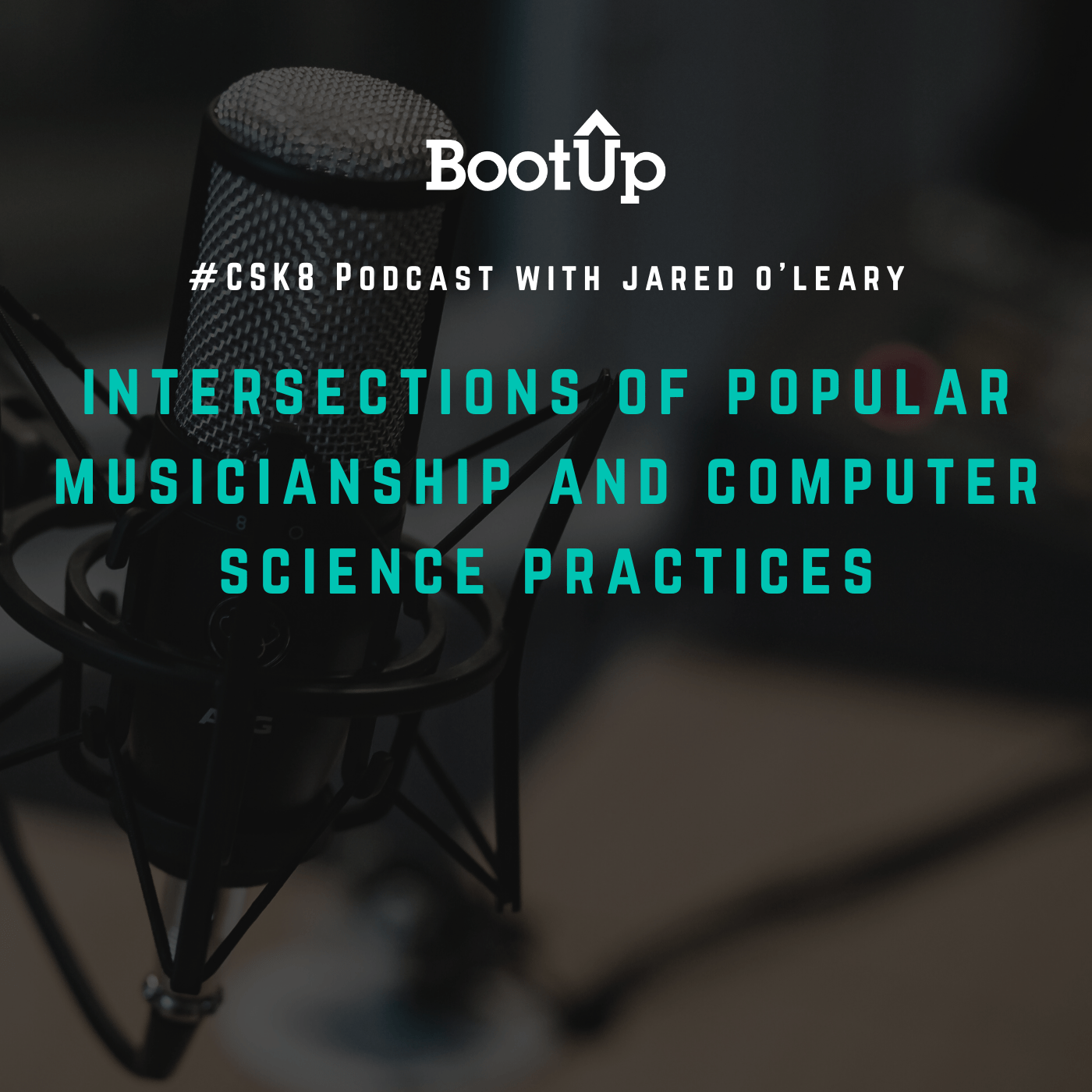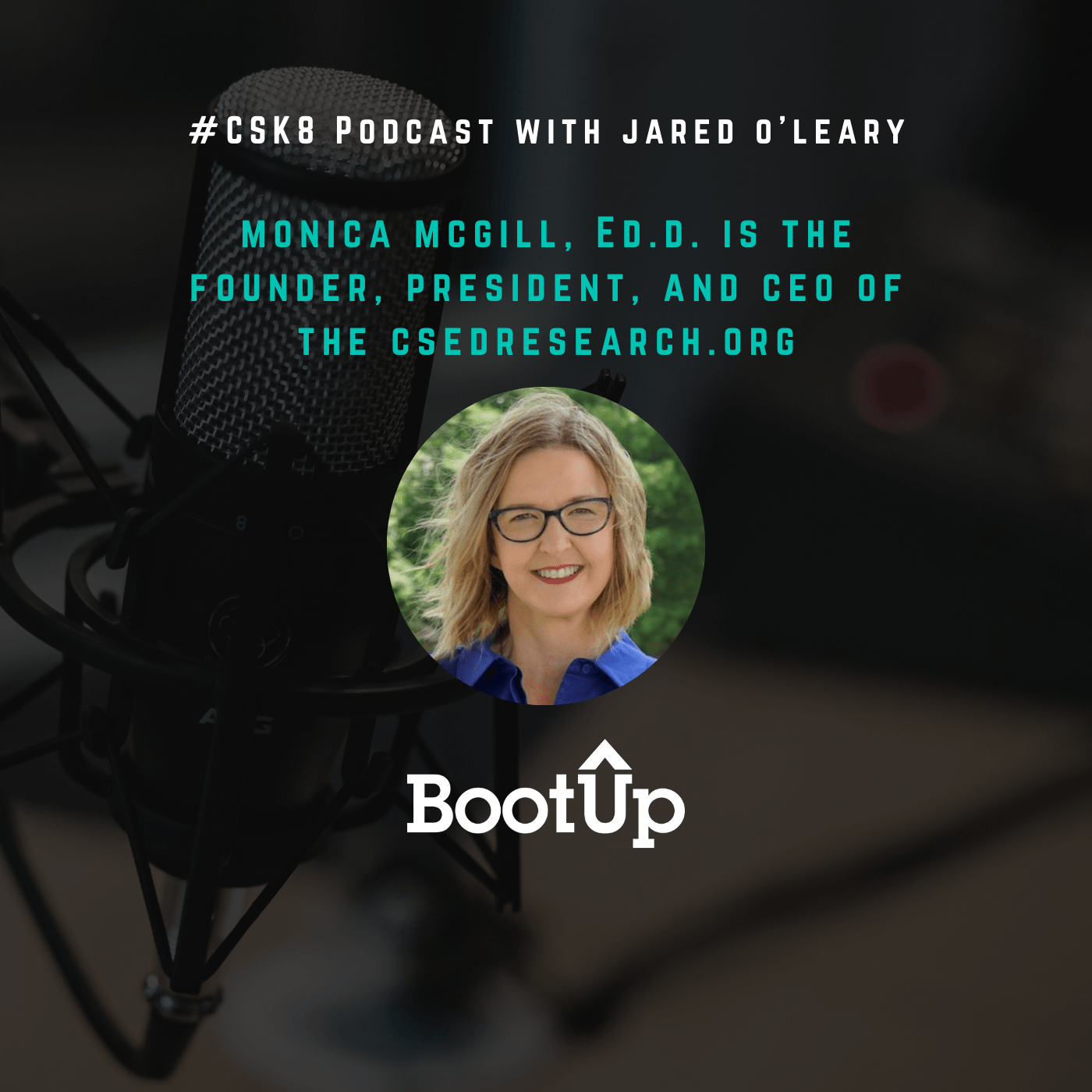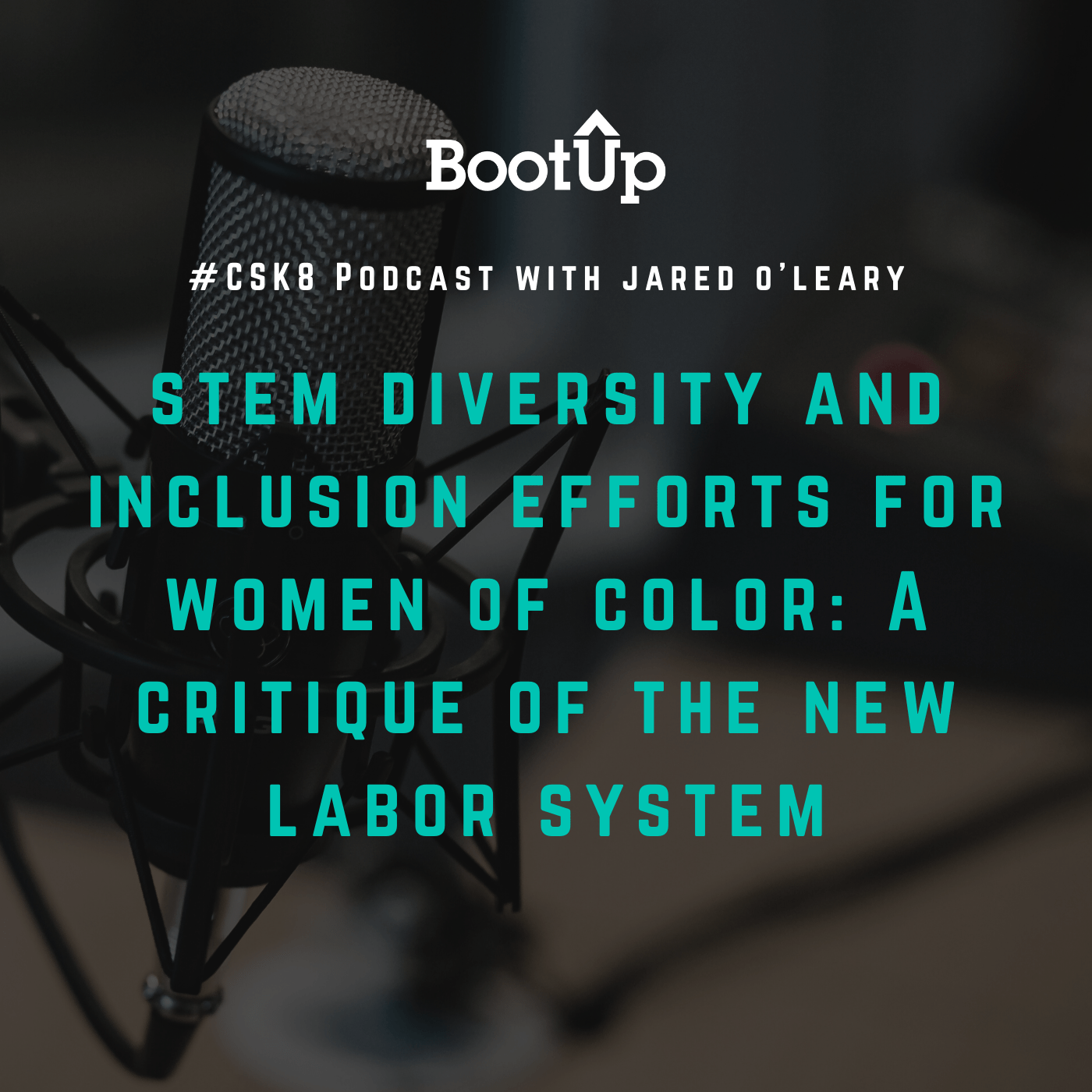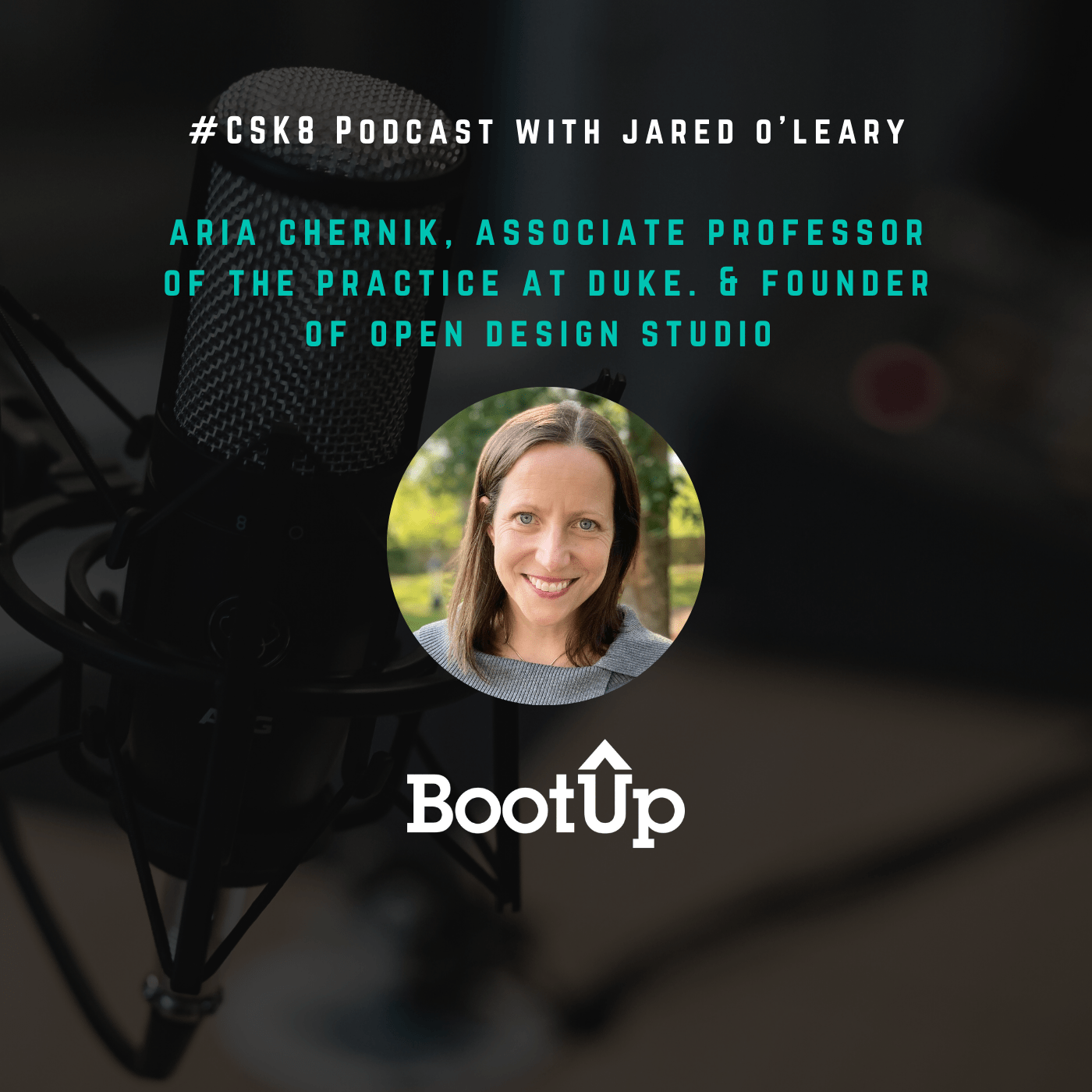#CSK8 Podcast

Intersections of Popular Musicianship and Computer Science Practices
In this episode Jared O'Leary unpacks his (2020) publication titled “Intersections of popular musicianship and computer science practices,” which discusses potential implications of hardware and software practices that blur the boundaries between music making and computer science.

Exploring CSEdResearch with Monica McGill
In this interview with Monica McGill, we discuss the nuances of identities in relation to conversations around equity, the importance of having many pathways in CS, designing games for purposes beyond pure entertainment, codeveloping CS courses with students, how researchers and K-12 practitioners can use CSEdResearch.org, our thoughts on bridging the gap between research and practice, opportunities for the field to continue to grow, the influence of outside forces on K-12 education, and so much more.

Impact of the Plugged-in and Unplugged Chemistry
In this episode I unpack Chongo, Osman, and Nayan’s (2021) publication titled “Impact of the plugged-in and unplugged chemistry computational thinking modules on achievement in chemistry,” which investigated achievement outcomes between a chemistry unit in three groups: 1) chemistry classes integrated with Scratch projects, 2) chemistry classes integrated with both unplugged and Scratch projects, and 3) chemistry classes with no focus on computational thinking.

STEM DIversity and Inclusion Efforts For Women of Color
In this episode Jared O'Leary unpacks Scott and Elliott’s (2020) publication titled “STEM diversity and inclusion efforts for women of color: A critique of the new labor system,” which uses the metaphor of sharecropping to problematize the new labor system around STEM education and careers.

Open Design for Learning with Aria Chernik
In this interview with Aria Chernik, we discuss student-centered engagement situated within authentic contexts, problems with focusing entirely on capitalistic purposes of education, using critical pedagogies to problematize power dynamics in the classroom, using an open design for learning, the phenomenology of collaboration, creating a space that encourages taking risks in education, and much more.
